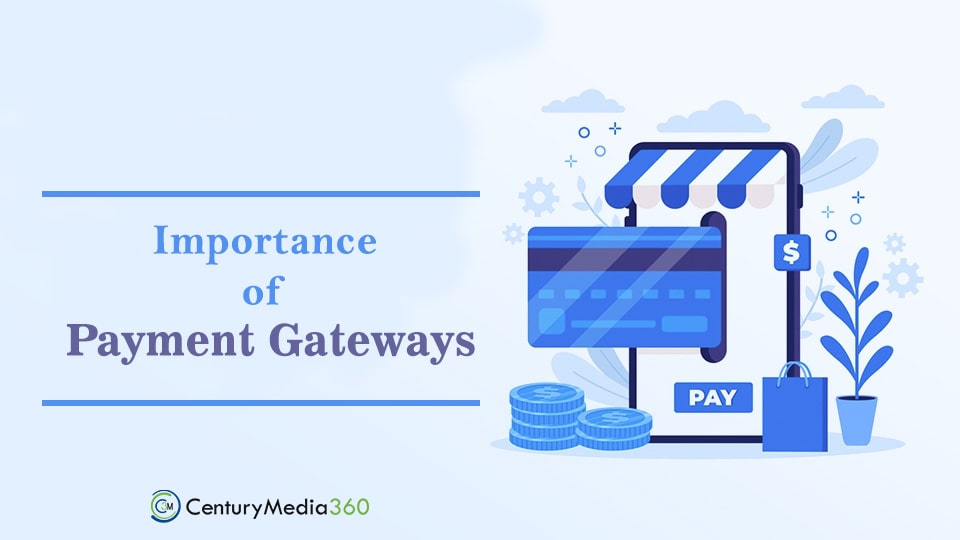Why Payment Gateway is Effective in Digital Marketing

In the digital age, businesses of all sizes rely on payment gateways to facilitate online transactions and electronic process payments. Payment gateway is essential for e-commerce businesses, allowing customers to make purchases easily and securely. But they also play a significant role in digital marketing, enabling businesses to effectively monetize their online presence and reach new customers.
What is a Payment Gateway?
A payment gateway is a software application that acts as an intermediary between a business’s online store and the payment processing network. It securely transmits the customer’s payment information to the bank or payment processor, which then either approves or declines the transaction.
There are many payment gateways available, each with its own set of features and fees. Some popular examples include PayPal, Stripe, and Authorize.net. Businesses can choose a payment gateway based on their specific needs and the features that best fit their business model.
How Payment Gateway Supports E-commerce?
E-commerce businesses rely heavily on payment gateways to process online transactions. Customers expect a seamless and secure checkout experience, and payment gateways enable businesses to provide this.
When a customer makes a purchase on an e-commerce website, they enter their payment information into a form on the website. The payment gateway then encrypts the information and sends it to the payment processor for approval. If the transaction is approved, the payment gateway sends a confirmation back to the website, and the order is completed.
Payment gateways also provide a range of security features to protect against fraud and data breaches. These can include secure sockets layer (SSL) encryption, fraud detection algorithms, and customer authentication measures.
The Role of Payment Gateway in Digital Marketing
Payment gateways not only facilitate online transactions but also play a crucial role in digital marketing. Here are six ways payment gateways can be effective in digital marketing:
Monetizing Content and Services
Payment gateways enable businesses to monetize their online content and services, such as e-books, courses, and subscription services. Customers can easily make purchases using their payment gateway of choice, making it convenient for them to access the content or service they want.
Accepting Donations and Crowdfunding
Payment gateways make it easy for businesses and individuals to accept donations and crowdfunding contributions online. This can be particularly useful for non-profits, charities, and individuals raising money for a specific cause.
Selling Products and Services Through Social Media
Social media platforms such as Facebook and Instagram now offer tools that allow businesses to sell products and services directly through their profiles. Payment gateways enable businesses to process these transactions securely and easily.
Facilitating Online Events and Webinars
Payment gateways can be used to sell tickets to online events and webinars, making it convenient for customers to register and pay for these events.
Enabling In-app Purchases
Many mobile apps offer in-app purchases, such as additional features or virtual goods. Payment gateways enable businesses to process these transactions securely and easily.
Facilitating Subscriptions and Recurring Payments
Payment gateways can be used to set up subscriptions and recurring payments for products or services. This can be particularly useful for businesses that offer subscription-based models, such as software as a service (SaaS) companies.
Conclusion
Payment gateways are essential for businesses looking to monetize their online presence and reach new customers. They facilitate secure online transactions and provide a range of security features to protect against fraud and data breaches. By enabling businesses to sell products and services, accept donations and crowdfunding, and facilitate subscriptions and recurring payments.






